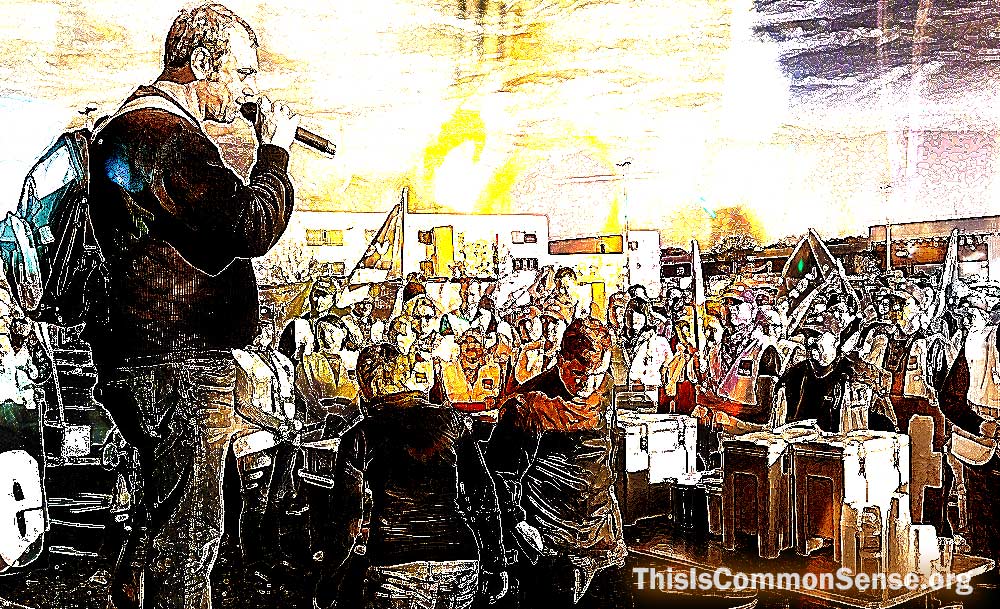It’s lucky that today’s anti-agriculture tyrants weren’t around when the Fertile Crescent was just getting going.
But they’re here now.
And they seem hell-bent on destroying farms.
That’s what thousands upon thousands of European farmers are saying, anyhow, and we should listen to them. After all, they provide the food we eat. We need to eat in order to survive. If we don’t survive, we can’t continue living. So, whatever we do, let’s keep the farmers.
But that’s not current policy, at least in Europe. In the Netherlands, Belgium, and elsewhere, powerful political interests continue their crusade to shut down thousands of farms in the glorious cause of pursuing “climate goals” which, they believe, by being achieved will enable the fine-tuning of the weather and the creation of the best environment.
Or at least to say they gave it the old college try.
“I want to have the possibility to continue my dad’s farm,” Brendt Beyens told the AP. “But right now I feel like the possibility of that happening is slowly shrinking and it’s getting nearly impossible.”
So once again, thousands of tractors are clogging the streets, this time in Brussels, the capital of Belgium (video of the protest is on Twitter). The farmers object to being destroyed. They have a point.
Nor is it just about the livelihoods of sodbusters. With food prices rising worldwide and the threat of serious famine looms in Africa and parts of Asia, it’s also about saving lives.
My advice for today is don’t destroy farmers.
This is Common Sense. I’m Paul Jacob.
Illustration created with PicFinder.ai
—
See all recent commentary
(simplified and organized)





